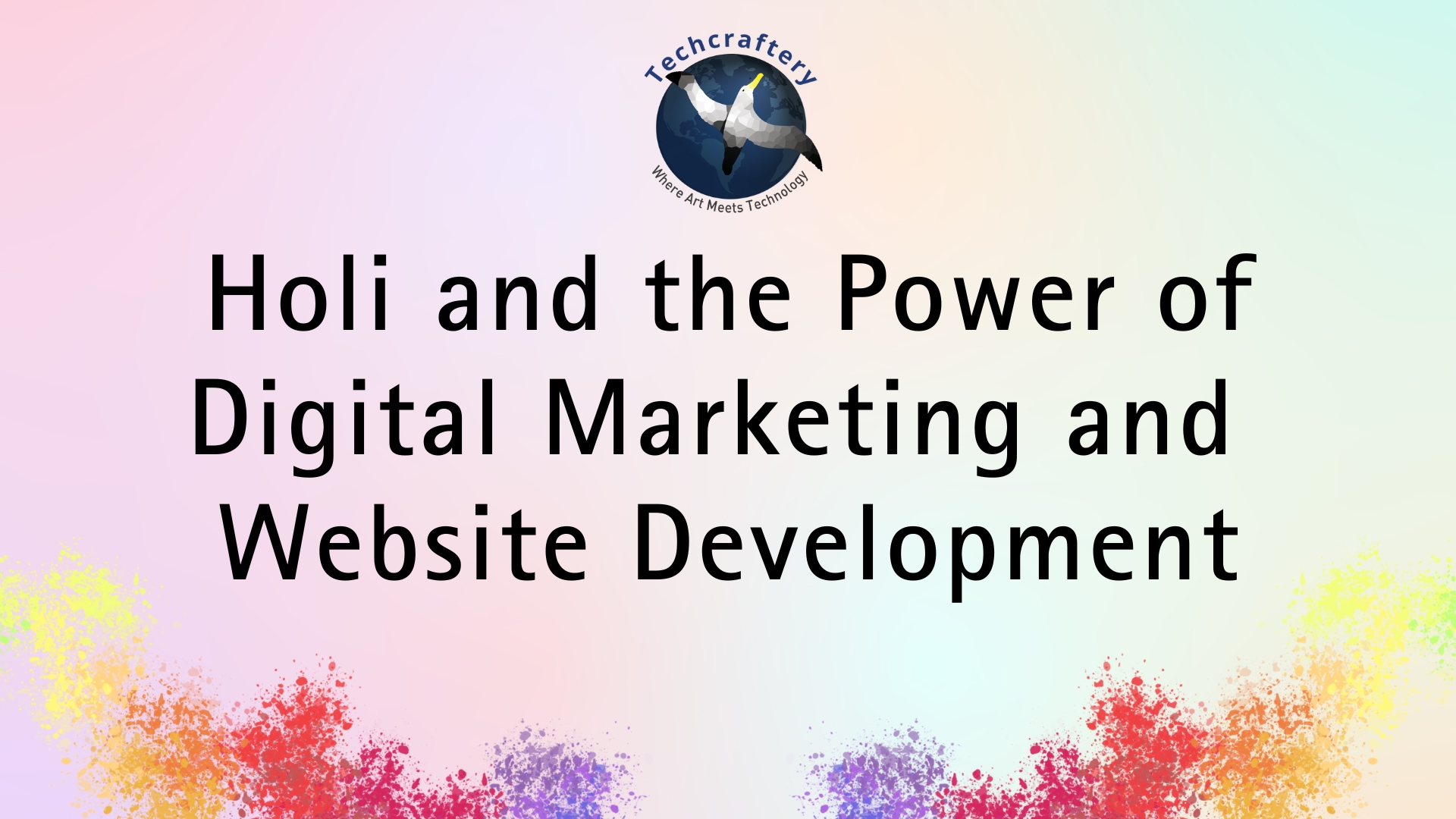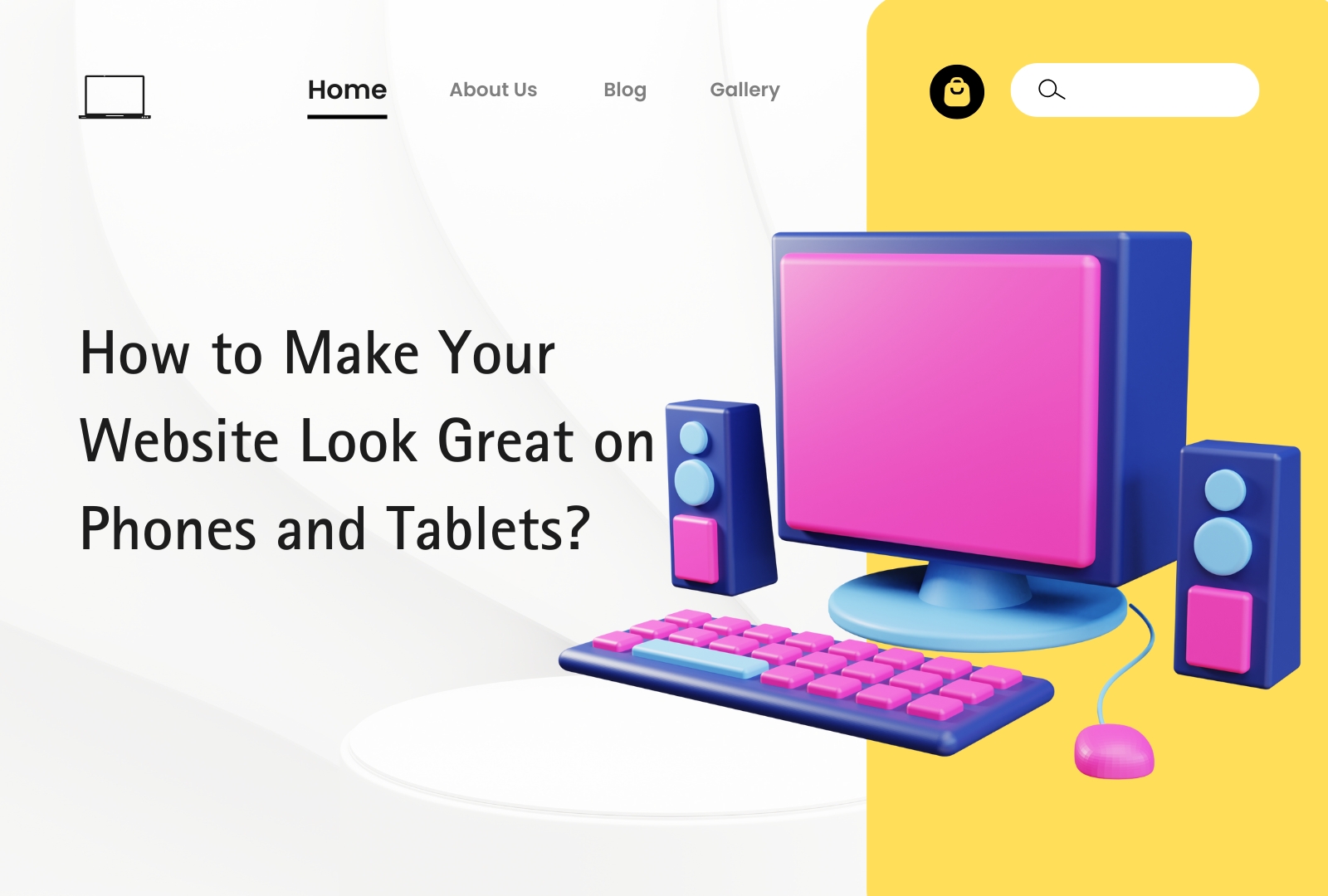In today’s digitally-driven landscape, the influence of social media on brand growth is undeniable. With over 4 billion active users across various platforms, social media has transformed the way businesses connect with their audience and boost their online presence. For website designing and digital marketing companies, harnessing the power of social media is essential for achieving substantial brand growth.
Why Social Media Matters for Brand Growth
- Increased Visibility: Social media platforms like Facebook, Instagram, Twitter, and LinkedIn provide businesses with an extended reach. A well-crafted social media strategy exposes your brand to a global audience, enhancing visibility.
- Audience Engagement: Effective social media marketing encourages audience engagement through likes, shares, comments, and direct messages. This interaction builds a community around your brand and strengthens relationships with customers.
- Driving Website Traffic: By sharing quality content, your social media channels become a gateway to your website. A compelling post or advertisement can direct users to your site, increasing traffic and potential conversions.
- Brand Credibility: A strong social media presence lends credibility to your brand. It’s a way to show your audience that you’re active, responsive, and invested in your online image.
- Targeted Advertising: Social media platforms offer detailed audience targeting options. You can tailor your ads to reach specific demographics, interests, and behaviors, ensuring your message reaches the right people.
- Building Brand Loyalty: Regularly engaging with your audience through social media creates a loyal customer base. Sharing exclusive content and running contests or giveaways can incentivize customer retention.
- Real-time Feedback: Social media provides a platform for customers to voice their opinions and concerns. Prompt responses and issue resolution demonstrate your commitment to customer satisfaction.
The Role of Social Media in Website Design
Website designing and social media marketing go hand in hand. Your website serves as the hub for all online activities. Here’s how social media complements your web design efforts:
- Consistent Branding: Ensure that your social media profiles and website share consistent branding elements such as logos, colors, and fonts. This creates a seamless and memorable experience for users.
- Integration: Incorporate social media sharing buttons on your website to facilitate content sharing and expand your reach. Social sharing can significantly impact your website’s traffic.
- Responsive Design: Design your website to be mobile-friendly, as many users access social media on mobile devices. A responsive design ensures a positive user experience, regardless of the device used.
- User-generated Content: Encourage users to generate content related to your brand and share it on social media. Integrating user-generated content on your website can enhance authenticity and trust.
Top Social Media Platforms for Brand Growth
- Facebook: With 2.8 billion monthly users, Facebook is a powerhouse for brand exposure. It offers diverse advertising options and extensive audience insights.
- Instagram: Popular for visual content, Instagram boasts over 1 billion users. It’s ideal for businesses that can leverage high-quality images and stories.
- Twitter: Known for its real-time updates, Twitter is a valuable platform for quick communication and engagement. It’s particularly useful for timely promotions and customer service.
- LinkedIn: Targeted at professionals and B2B businesses, LinkedIn connects you with a network of decision-makers. It’s a prime platform for networking and sharing industry insights.
- Pinterest: Ideal for e-commerce and visually-driven businesses, Pinterest helps you showcase products and ideas to a largely female user base.
Keywords for Website Design and Digital Marketing
To optimize your blog post, it’s crucial to incorporate relevant keywords. Here are some highly-rated keywords to consider:
- “Website design and digital marketing”
- “Social media impact on branding”
- “Brand growth through social media”
- “Digital marketing strategies”
- “Social media marketing benefits”
- “Website design for brand visibility”
- “Effective social media campaigns”
- “Audience engagement on social media”
- “Building brand loyalty online”
- “Social media advertising”
Measuring Success
To evaluate the impact of your social media efforts on brand growth, it’s essential to track relevant metrics. Key performance indicators (KPIs) may include:
- Website Traffic: Analyze the increase in website traffic originating from social media platforms.
- Conversion Rate: Measure the percentage of visitors from social media who take a desired action on your website, such as making a purchase or filling out a contact form.
- Engagement Metrics: Track likes, shares, comments, and click-through rates on social media posts to gauge audience engagement.
- Follower Growth: Monitor the growth of your social media following to assess the impact of your efforts on brand recognition.
- Customer Retention: Evaluate customer loyalty by analyzing repeat purchases or continued engagement with your brand.
Conclusion
In the digital age, social media marketing is an indispensable tool for website designing and digital marketing companies. Leveraging social media platforms not only enhances brand visibility but also fosters customer engagement, loyalty, and website traffic. By crafting a robust social media strategy that aligns with your web design, businesses can unlock the true potential of brand growth in the online landscape.





